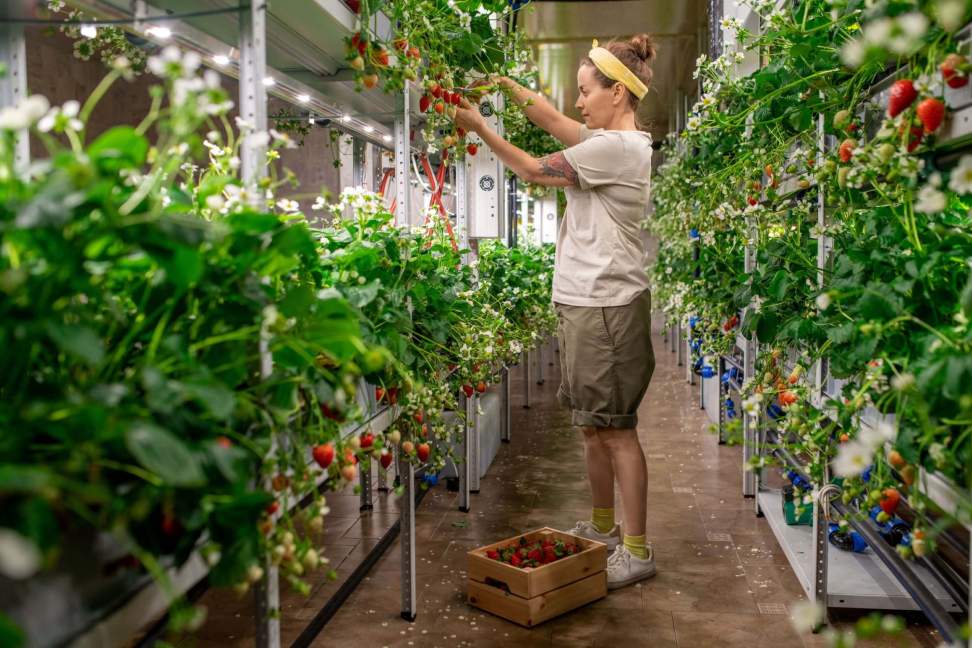11xplay Reddy Login, Betbhai9, T20exchange: Urban farming, also known as urban agriculture, involves cultivating and producing food within city limits. This practice has gained traction in recent years as more people become interested in sustainable living and locally-sourced produce. Urban farming can take many forms, ranging from rooftop gardens and community plots to aquaponic systems and vertical farming.
The benefits of urban farming are manifold. Not only does it promote food security by reducing reliance on long-distance transportation of goods, but it also helps to combat urban heat islands by providing natural cooling mechanisms. Additionally, urban farming contributes to the local economy, fosters community engagement, and promotes healthy eating habits by increasing access to fresh, nutritious produce.
Benefits of Urban Agriculture
Urban agriculture offers numerous advantages to communities and individuals alike. One of the key benefits is increased access to fresh, locally-grown produce, promoting healthier eating habits and reducing the carbon footprint associated with transporting food long distances. By cultivating fruits and vegetables within city limits, urban farmers help combat food deserts and improve food security for residents.
Additionally, urban agriculture contributes to the economic development of neighborhoods by creating job opportunities and supporting local businesses. The presence of urban farms can enhance property values and attract more visitors, leading to a revitalization of urban areas. Furthermore, growing food in cities promotes sustainability by utilizing vacant lots and other underutilized spaces for productive green initiatives.
Challenges Faced by Urban Farmers
Urban farmers encounter numerous challenges in their pursuit of sustainable agriculture within city limits. One major obstacle they face is the limited availability of land, as urban areas are often densely populated with little space for traditional farming. This scarcity of land makes it difficult for urban farmers to expand their operations or implement more efficient farming practices.
Additionally, urban farmers have to navigate through zoning regulations and land use restrictions that can hinder their ability to cultivate crops or raise livestock. These regulations may vary from one city to another, adding another layer of complexity for urban farmers to navigate. Finding affordable and suitable plots of land that comply with local regulations is a constant challenge that urban farmers must continually address.
� Limited availability of land in urban areas
� Difficulty in expanding operations or implementing efficient farming practices
� Navigating through zoning regulations and land use restrictions
� Varying regulations from city to city
� Finding affordable and suitable plots of land that comply with local regulations
What is urban farming?
Urban farming is the practice of growing food in urban areas, typically on a small scale in backyard gardens, rooftops, or vacant lots.
What are some benefits of urban agriculture?
Bet365 ID, Play247 Online, Iceexchange: Some benefits of urban agriculture include increased access to fresh produce, reduced food miles, green space creation, and community building.
What are some challenges faced by urban farmers?
Some challenges faced by urban farmers include limited space, soil contamination, zoning regulations, access to water, and lack of infrastructure.
How can urban farmers overcome challenges related to limited space?
Urban farmers can overcome challenges related to limited space by utilizing vertical growing techniques, growing in raised beds or containers, and maximizing use of available space.
How can urban farmers address issues related to soil contamination?
Urban farmers can address issues related to soil contamination by testing soil for toxins, using raised beds with imported soil, or implementing soil remediation techniques.
What can urban farmers do to navigate zoning regulations?
Urban farmers can navigate zoning regulations by researching local laws and regulations, obtaining necessary permits, and working with local officials to advocate for urban agriculture.
How do urban farmers address challenges related to water access?
Urban farmers can address challenges related to water access by using rainwater harvesting systems, drip irrigation, and water-efficient practices to conserve water.
How can urban farmers work to improve infrastructure for urban agriculture?
Urban farmers can work to improve infrastructure for urban agriculture by advocating for community gardens, green spaces, and policies that support urban agriculture initiatives.
Must Read :


